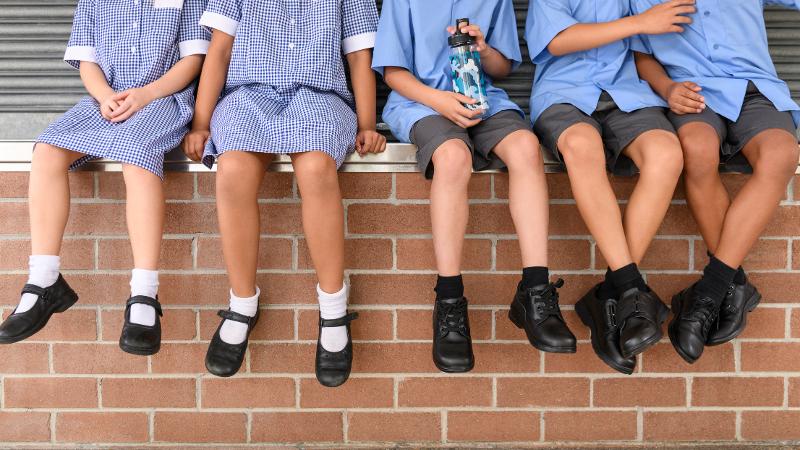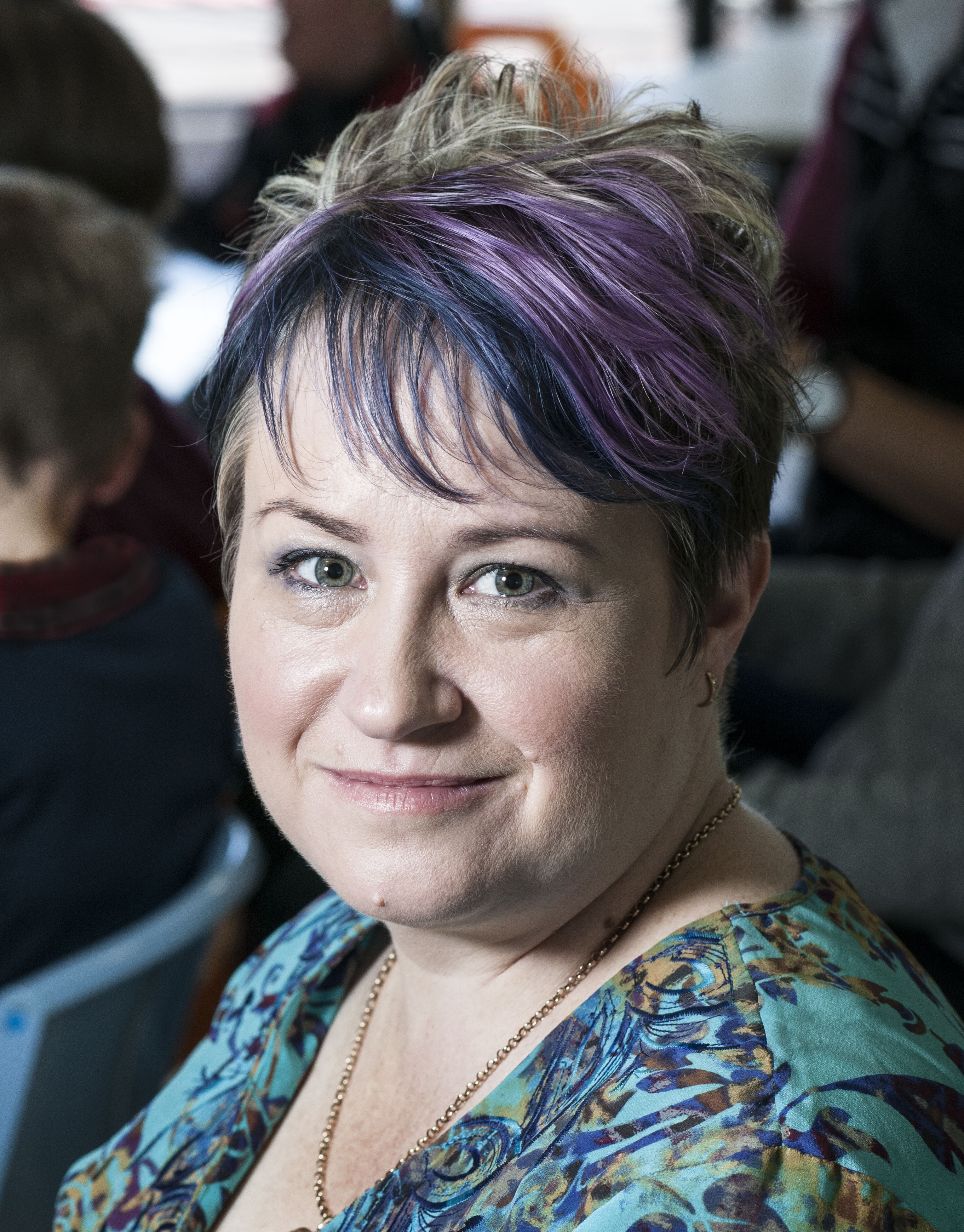
Suspensions from Queensland’s state schools have jumped 16 per cent over the past four years, despite changes to principals’ powers that were designed to keep more kids in schools.
QUT education researcher Professor Linda Graham said her new analysis of public data did not necessarily mean an increase in bad behaviour, rather she believes it reflects changes in school policies and principal powers.
“Ironically, when the Newman Government introduced legislation in 2014 to grant principals greater disciplinary powers, one of the stated aims was to give extra options like Saturday detention and community service to reduce the number of suspensions,” she said.
“But instead, suspensions have continued to increase, particularly in Prep and Year 7. Overall, suspensions increased 16.67 per cent (as a proportion of total enrolments) from 2014 to 2017.”
Professor Graham said 2015 was a year of two major changes to Queensland’s education system – the reduction in the minimum school starting age to four-and-a-half in 2015 and the transition of Year 7 to the vast majority of secondary schools.

“Suspensions in Year 7 increased by 19.92% in 2014 and by a whopping 82.54% in 2015,” she said.
“It is inconceivable that the 2014 and 2015 Grade 7 cohorts were more ‘badly behaved’ than previous cohorts,” she said.
“Rather, these patterns may reflect something in the nature of secondary schooling itself and the changes in principal powers, and suggest that disciplinary approaches in the secondary school environment may be less tolerant or supportive that those in primary school.”
Between 2013 and 2014, suspensions in the first or Preparatory year of primary school rose by 51.28% (as a proportion of enrolments) and have continued to increase.
Professor Graham said international research evidence showed suspensions did not work as a tool for improving behaviour, and cited two reasons in particular.
“Alternative behaviours need to be explicitly taught if students are to use them,” she said.
“But by its very definition, suspension involves the withdrawal of teaching and despite claims that it is used to gain the time needed to put supports in place, research consistently reports that none are provided.
“Also, research shows that the majority of children who are suspended feel ‘happy’ about it, rather than punished, as they are relieved to not be at school.”
Read Professor Graham’s summary of her research here. The research has been published in the International Journal of Inclusive Education.
QUT Media contacts:
- Rose Trapnell | media@qut.edu.au | 0407 585 901 (including after hours)
- Mechelle McMahon| media@qut.edu.au


